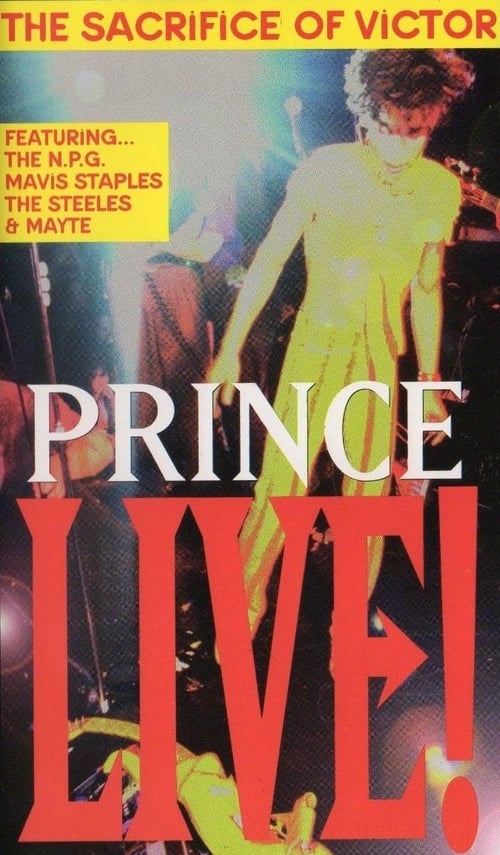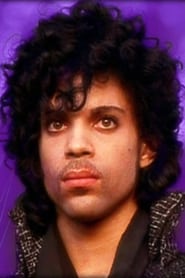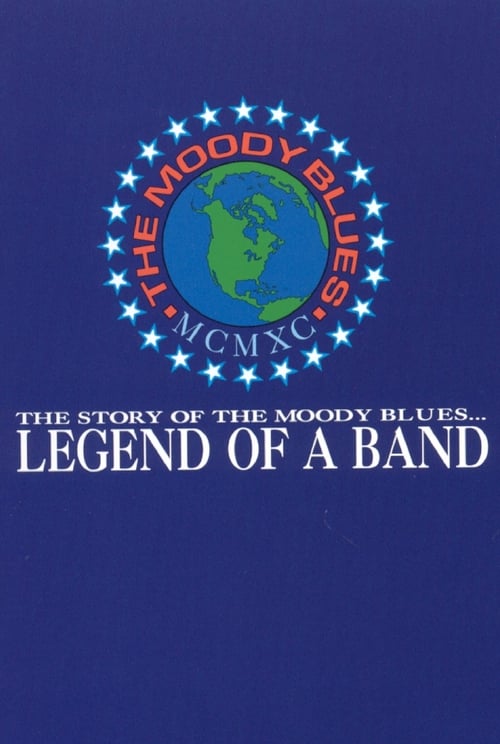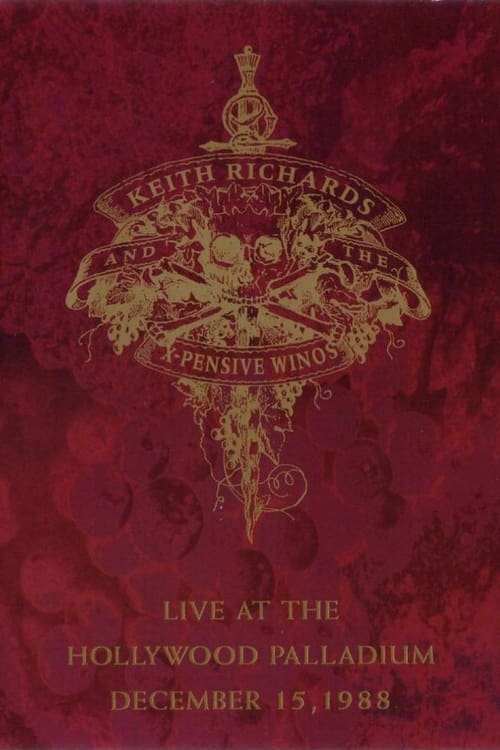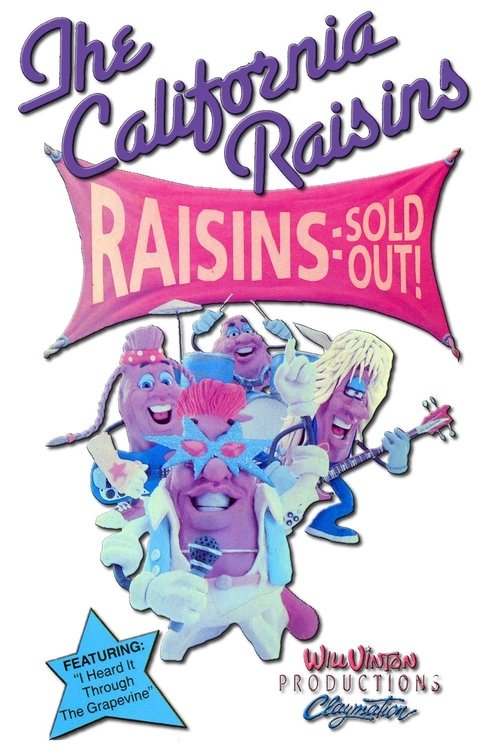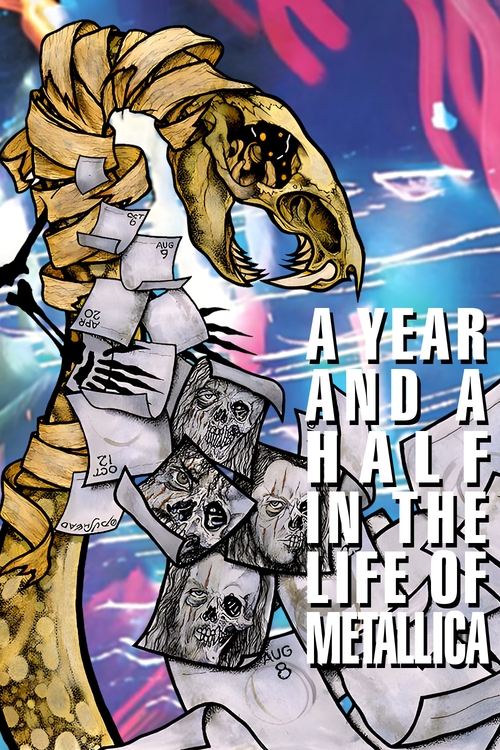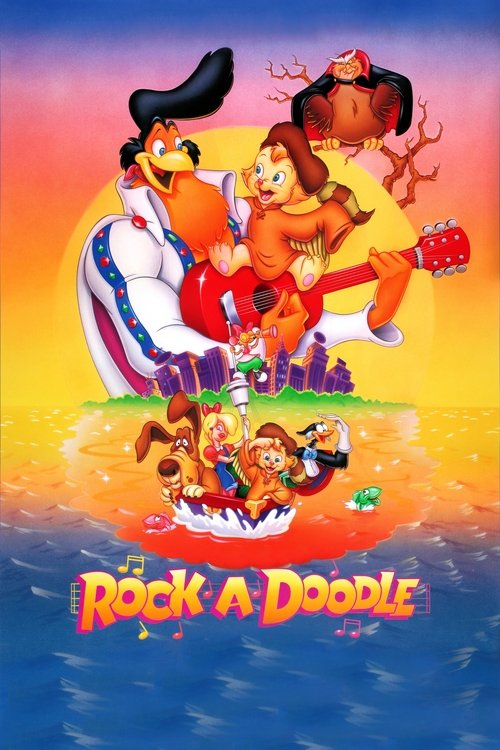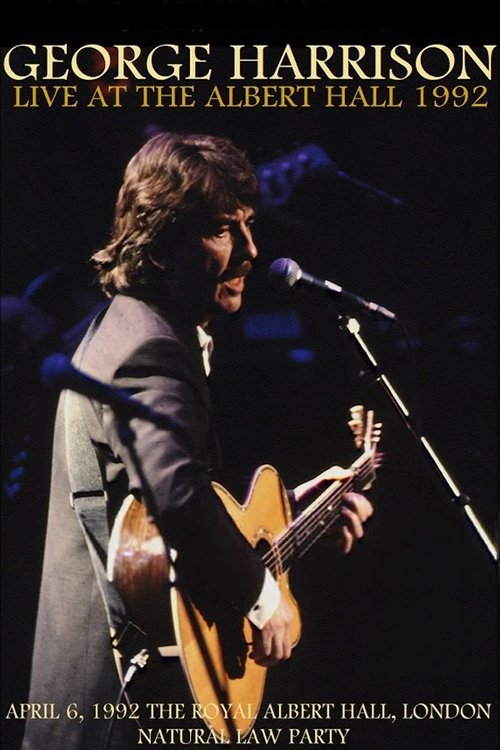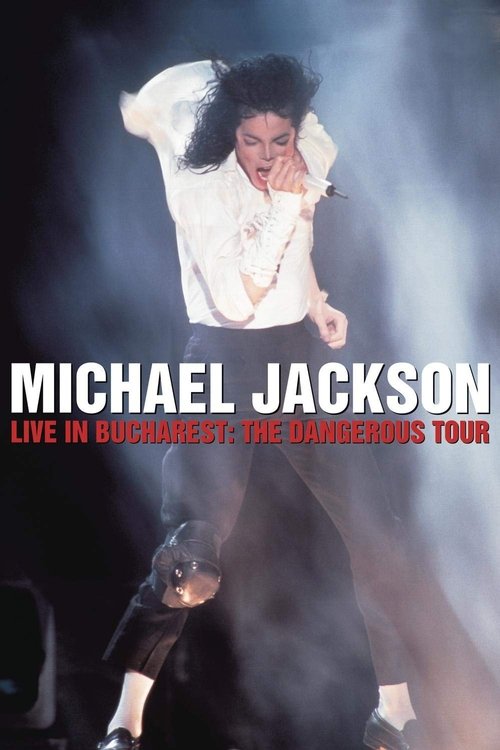
Ask Your Own Question
What is the plot?
More Movies Like This
Browse All Movies →
What is the ending?
In the ending of "Prince: The Sacrifice of Victor," Victor faces a critical moment of decision that leads to a tragic conclusion. He ultimately sacrifices himself to save his loved ones, leading to a poignant resolution that underscores the themes of love, loyalty, and the cost of heroism.
As the film approaches its climax, Victor finds himself cornered by the antagonistic forces that threaten his family and the kingdom. The tension escalates as he realizes that the only way to protect those he loves is to confront the enemy head-on. In a final act of bravery, Victor makes the ultimate sacrifice, allowing himself to be captured in order to ensure the safety of his family and the people he cares about. His selflessness resonates deeply, showcasing his character's growth and the weight of his responsibilities.
In the aftermath of Victor's sacrifice, the remaining characters grapple with their loss. His loved ones mourn his passing, reflecting on the impact he had on their lives. The film concludes with a sense of bittersweet resolution, as the kingdom begins to heal from the turmoil, but the void left by Victor's absence is palpable.
Now, let's delve into the ending in a more detailed, chronological narrative.
As the final act unfolds, the atmosphere is thick with tension. The sun sets, casting a golden hue over the battlefield where Victor stands, resolute yet visibly shaken. He knows that the enemy is closing in, and the stakes have never been higher. His heart races as he thinks of his family--his wife and children--who are in grave danger. The weight of his responsibilities presses down on him, and he feels the urgency of the moment.
In a pivotal scene, Victor gathers his remaining allies, a small band of loyal warriors who have stood by him through thick and thin. They exchange determined glances, each man aware that this could be their last stand. Victor, with a fierce glint in his eye, rallies them with a passionate speech about honor, love, and the importance of protecting their home. His words ignite a fire within them, but deep down, Victor knows that the battle ahead may cost him everything.
As the enemy forces approach, Victor makes a heart-wrenching decision. He tells his allies to retreat with his family, urging them to escape to safety. The pain in his voice is evident, and his eyes betray the fear of losing them. His allies protest, but Victor's resolve is unshakeable. He understands that his sacrifice is necessary for their survival. With a heavy heart, he watches them flee, knowing he may never see them again.
The scene shifts to the battlefield, where Victor stands alone, facing the oncoming horde. The clashing of swords and the cries of battle fill the air as he fights valiantly, embodying the spirit of a true warrior. Each swing of his sword is fueled by love and desperation, but the odds are stacked against him. As he fights, flashes of memories with his family flood his mind--moments of joy, laughter, and love that make his heart ache.
In a climactic moment, Victor is overwhelmed by the enemy forces. Despite his fierce resistance, he is ultimately captured. The camera lingers on his face, a mixture of defiance and resignation. He knows that his sacrifice will not be in vain; he has bought his family precious time to escape. As he is led away, the weight of his choice hangs heavy in the air.
The film transitions to the aftermath of the battle. Victor's family, now safe, mourns his loss. They gather in a quiet, somber scene, reflecting on the man who gave everything for them. Tears stream down their faces as they share stories of Victor's bravery and love. The emotional weight of his sacrifice is palpable, and the audience feels the depth of their grief.
In the final moments, the camera pans over the kingdom, now beginning to heal from the conflict. The sun rises, symbolizing hope and renewal, but the absence of Victor is felt deeply. His legacy lives on in the hearts of his loved ones, who vow to honor his memory by living their lives with the same courage and love he exemplified.
The film concludes with a poignant reminder of the cost of heroism and the enduring power of love, leaving the audience with a sense of bittersweet resolution as they reflect on Victor's ultimate sacrifice.
Is there a post-credit scene?
The movie "Prince: The Sacrifice of Victor," produced in 1994, does not contain a post-credit scene. The film concludes its narrative without any additional scenes or content after the credits roll. The focus remains on the story of Victor and his journey, leaving the audience with the emotional weight of the film's conclusion rather than any further developments or hints at sequels.
What motivates Victor to make sacrifices throughout the film?
Victor is driven by a deep sense of duty and love for his family and community. His internal struggle is highlighted by his desire to protect those he cares about, even at great personal cost. This motivation is evident in his interactions with his family, where he often weighs his own needs against the well-being of others.
How does the relationship between Victor and his father evolve during the film?
Initially, Victor's relationship with his father is strained, marked by a lack of understanding and communication. As the story progresses, they confront their differences, leading to moments of vulnerability and reconciliation. This evolution is depicted through emotional dialogues and shared experiences that reveal their mutual respect and love.
What role does the character of the Prince play in Victor's journey?
The Prince serves as both an antagonist and a catalyst for Victor's transformation. His presence challenges Victor's beliefs and forces him to confront his own values. The Prince's actions create conflict that propels Victor into a series of difficult choices, ultimately shaping his character arc.
How does Victor's sacrifice impact his family dynamics?
Victor's sacrifices create a ripple effect within his family, leading to tension and conflict as they grapple with the consequences of his decisions. His family members experience a range of emotions, from pride to resentment, which complicates their relationships and forces them to reassess their own values and priorities.
What specific events lead to Victor's ultimate sacrifice?
A series of escalating conflicts, including confrontations with the Prince and the threat to his family's safety, culminate in Victor's decision to make the ultimate sacrifice. Key moments include his realization of the stakes involved and the emotional toll on his loved ones, which drive him to act selflessly in a climactic scene that underscores his character's growth.
Is this family friendly?
"Prince: The Sacrifice of Victor," produced in 1994, contains several elements that may not be suitable for children or sensitive viewers. Here are some potentially objectionable or upsetting aspects:
-
Violence: The film includes scenes of conflict and physical confrontations that may be intense or distressing for younger audiences.
-
Death and Sacrifice: Themes of sacrifice and loss are central to the narrative, which may evoke strong emotional responses.
-
Emotional Turmoil: Characters experience significant emotional struggles, including betrayal, grief, and moral dilemmas, which could be heavy for sensitive viewers.
-
Dark Themes: The film explores themes of power, corruption, and the consequences of choices, which may be complex and unsettling for children.
-
Intense Situations: There are moments of high tension and suspense that could be frightening or anxiety-inducing.
These elements contribute to a narrative that may be more appropriate for older teens and adults rather than a family-friendly viewing experience.

